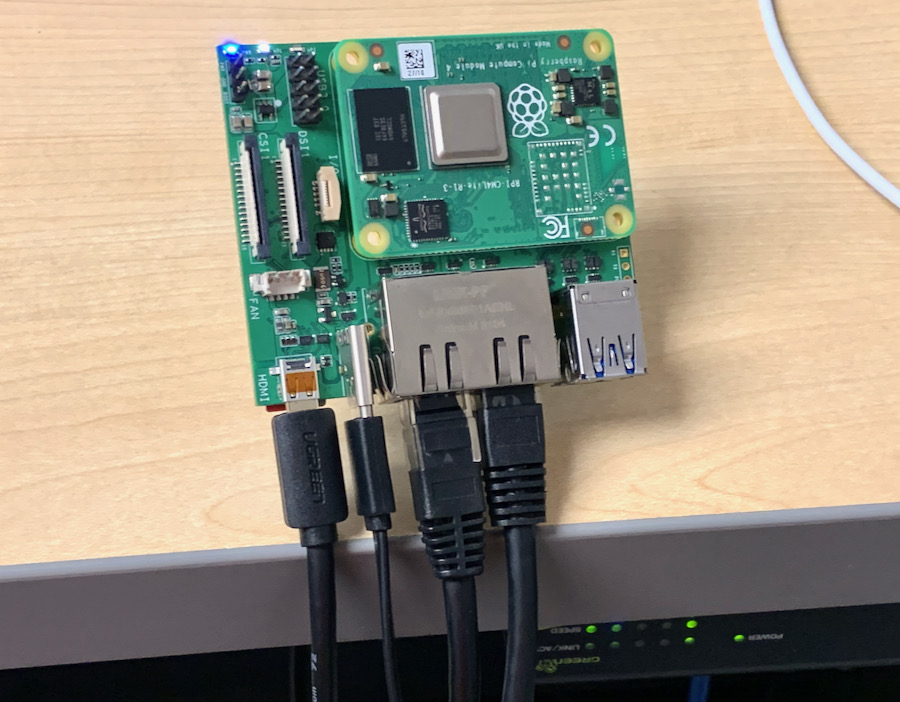Ubuntu's settings won't open after setting CPU to 'performance'
Recently I was doing some benchmarking on my Ubuntu 22.04 PC, and as part of that benchmarking, I tried setting the CPU performance profile to performance. In the old days, this was not an issue, but it seems that modern Ubuntu only 'knows' about balanced and power-saver. Apparently performance is forbidden these days!
$ powerprofilesctl list
* balanced:
Driver: placeholder
power-saver:
Driver: placeholder
The problem was, I had set the profile to performance:
$ powerprofilesctl set performance
But suddenly the 'Settings' GUI app would no longer open (at least not after I had opened it and clicked into the 'power' section). A reboot didn't work, and even reinstalling control center (sudo apt-get install --reinstall gnome-control-center) didn't help!
When I tried opening the settings GUI from the command line, I got the following critical error:

